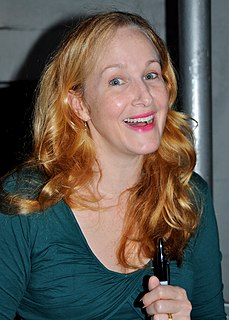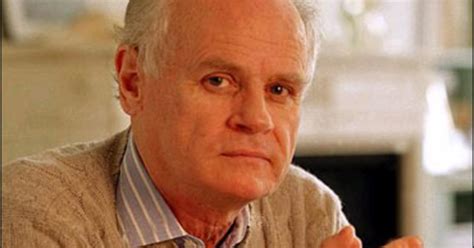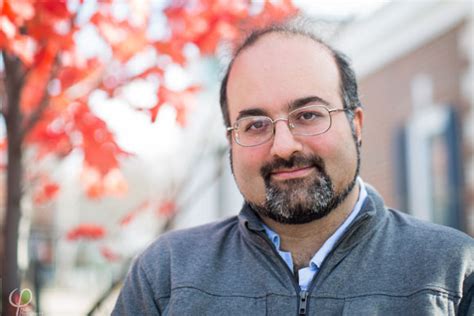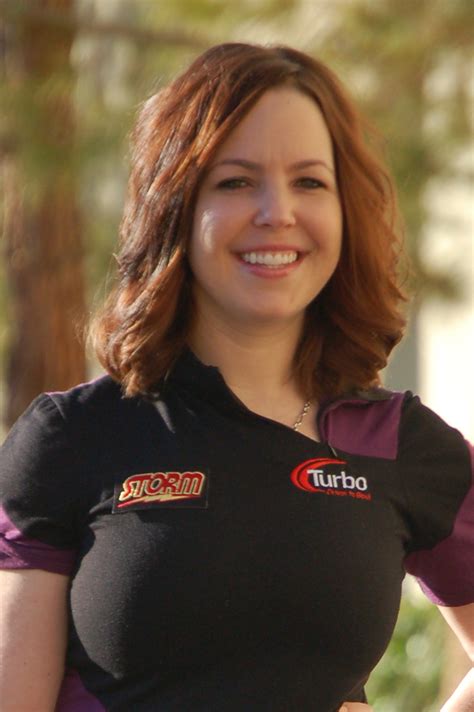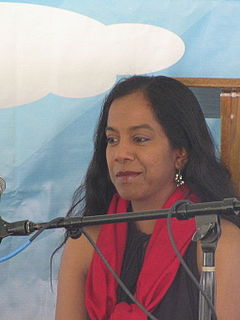A Quote by Amy Pascal
It's astonishing how many people who direct action don't know how to tell a story.
Quote Topics
Related Quotes
If you gauge how you're doing on whether somebody is responding vocally or not, you're up a creek. You can't do that; you kind of have to be inside of your work and play the scene. And tell the story every day. Tell the story. Tell the story. Regardless of how people are responding, I'm going to tell the story.
The biggest threat to your creativity is the fear that it's already been done, said, created. (So why bother?)
Say it, do it, make it anyway - but tell YOUR story along the way.
The story of how you came to know what you know.
The story of what you want to know more of.
The story of why you do what you do.
The story of how you came to care.
And that's how you create what's never been created before.
But when I say it isn't meant for anyone's eyes, I don't mean it in the sense of one of those novel manuscripts people keep in a drawer, insisting they don't care if anyone else ever reads it or not.The people I have known who do that, I am convinced, have no faith in themselves as writers and know, deep down, that the novel is flawed, that they don't know how to tell the story, or they don't understand what the story is, or they haven't really got a story to tell. The manuscript in the drawer is the story.
How many slams in an old screen door?
Depends how loud you shut it.
How many slices in a bread?
Depends how thin you cut it.
How much good inside a day?
Depends how good you live 'em.
How much love inside a friend?
Depends how much you give 'em.”
? How Many, How Much by Shel Silverstein
“Tell the truth, or someone will tell it for you.
When I ask, “How are you?” that is really what I want to know. I am not asking how many items are on your to-do list, nor asking how many items are in your inbox. I want to know how your heart is doing, at this very moment. Tell me. Tell me your heart is joyous, tell me your heart is aching, tell me your heart is sad, tell me your heart craves a human touch. Examine your own heart, explore your soul, and then tell me something about your heart and your soul.
Do you know how to digest your food? Do you know how to fill your lungs with air? Do you know how to establish, regulate and direct the metabolism of your body -- the assimilation of foodstuff so that it builds muscles, bones and flesh? No, you don't know how consciously, but there is a wisdom within you that does know.
I really try to avoid, you know, rolling out the history. The people are so important to me, and what happens to them, how they react, how things happen to them, this is what is important. I feel that if I can tell THAT story well, then people will go and Google the rest and fill in what they need to know.

